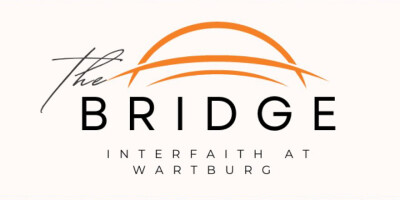Wartburg has received an $8,100 Northeastern Iowa Synod Community Engagement Grant to help engage religiously diverse students, employees and community members as well as grow religious literacy on campus.
The initiative will be led by Chaplain Maggie Falenschek, Wartburg’s Herbert and Cora Moehlmann Chaplaincy Chair; the college’s Spiritual Life & Campus Ministry Office; and the Interfaith Council.

“As a Lutheran institution, we reach for the perspectives and wisdom of many traditions because we know the transformational power possible when we come together in pursuit of the common good,” Falenschek said. “Our campus has known the importance of promoting religious pluralism for years, but we are now especially well positioned to make significant changes in how our religious diversity is appreciated and interfaith engagement encouraged on our campus. In advancing this important work, we wish to be the leading example of religious and interfaith hospitality for other small, private colleges in Iowa, inspiring others to lean into this vocation.”
During the coming school year, eight students will live together in an intentional living suite where they will participate in interfaith and bridge-building training as well as host programming that connects the campus community. These students also will serve as ambassadors of interfaith engagement on campus. Three of these students recently attended the 2024 Interfaith Summit in Chicago to begin their training.
This fall, members of the Interfaith Council will meet individually with representatives across campus who work in religiously diverse spaces, like Student Life and Residential Life, to determine how religious literacy and interfaith bridge-building can positively impact their work.
During the Winter Term, students will have the opportunity to participate in an interfaith immersion experience in Minneapolis or Chicago as part of the college’s Service Trips program.
“This experience will allow students several days to immerse themselves in traditions different from their own, gain understanding and appreciation of religious diversity, and think deeply about their own religious or secular commitments and values,” Falenschek said.
